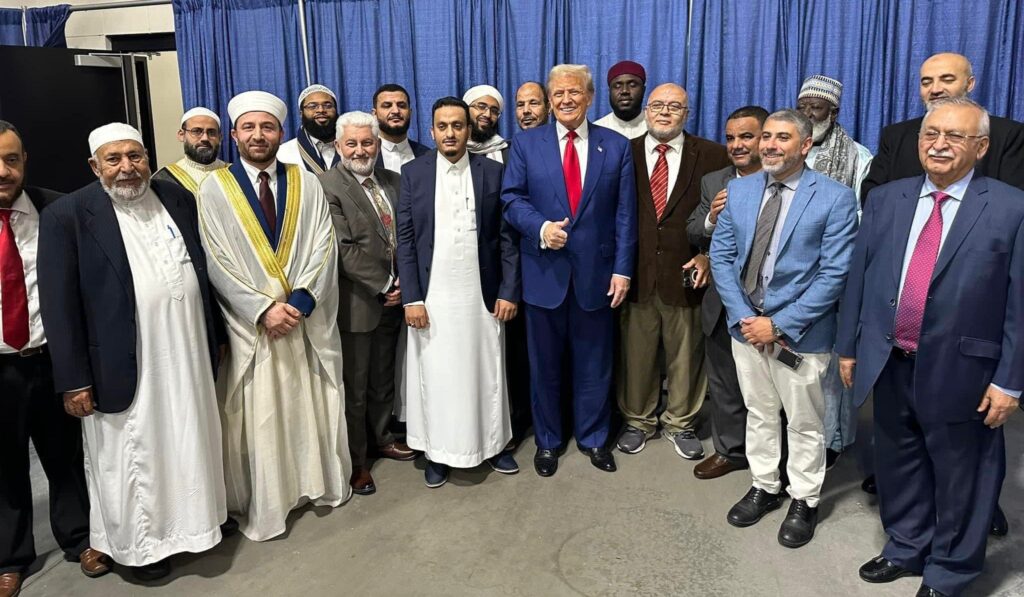U.S. Muslim Voters Seek Alternatives Amid Gaza Conflict, Turning Away from Major U.S. Parties
By: Raja Zahid Akhtar Khanzada
Texas — As the U.S. election season intensifies, Muslim voters are voicing unprecedented dissatisfaction with both major parties, largely due to the ongoing Gaza conflict. Recent polling suggests a significant shift: the Gaza war has led to a notable decline in Muslim support for Democrats, with many voters critical of both President Trump and Vice President Kamala Harris’s stances on Israel. This shift has drawn attention to third-party candidates as a potential alternative.
A survey conducted by the Council on American-Islamic Relations (CAIR) two months ago highlights this trend. Vice President Kamala Harris and Green Party candidate Jill Stein each currently hold 29% support among Muslim voters, while only 11% back Republican candidate Donald Trump. This polling data provides valuable insights into the effect of the Gaza conflict on Muslim voter preferences.
In the last presidential race, Joe Biden secured 65% of the Muslim vote. However, this support appears to have sharply declined, with many Muslims now contemplating support for third-party candidates or potentially abstaining from voting altogether.
Meanwhile, Trump has recently stepped up efforts to connect with Muslim communities, notably holding meetings with Arab Muslim leaders in Michigan. This outreach appears to have paid off, as some Muslim leaders in Michigan recently endorsed Trump, citing his promise to push for a ceasefire in Gaza. While this support could bolster Trump’s campaign, many Muslims remain focused on third-party options.
Currently, 21 third-party candidates are vying for the U.S. presidency, with Louisiana, Michigan, Minnesota, Mississippi, and New Jersey seeing the highest number of contenders, at seven each. Although the U.S. traditionally follows a two-party system, third-party candidates can legally appear on ballots by meeting specific state requirements, including gathering a designated number of voter signatures, which varies by state.
This year’s notable third-party contenders include independent candidate Robert F. Kennedy Jr. and Green Party’s Jill Stein. Kennedy had recently achieved a 4.6% boost in his approval rating but has since withdrawn from the race, endorsing Trump. Jill Stein, who also ran as the Green Party’s candidate in 2016, is drawing the attention of left-leaning voters by emphasizing pressing issues like climate change and the Gaza crisis.
Additionally, several third-party candidates are on ballots in specific states only, such as Vermin Supreme in Delaware and Lucifer Everlov in Utah. Across the U.S., third-party parties typically participate in elections to offer alternative perspectives and influence the overall electoral landscape, presenting voters with diverse choices beyond the traditional two-party framework.



